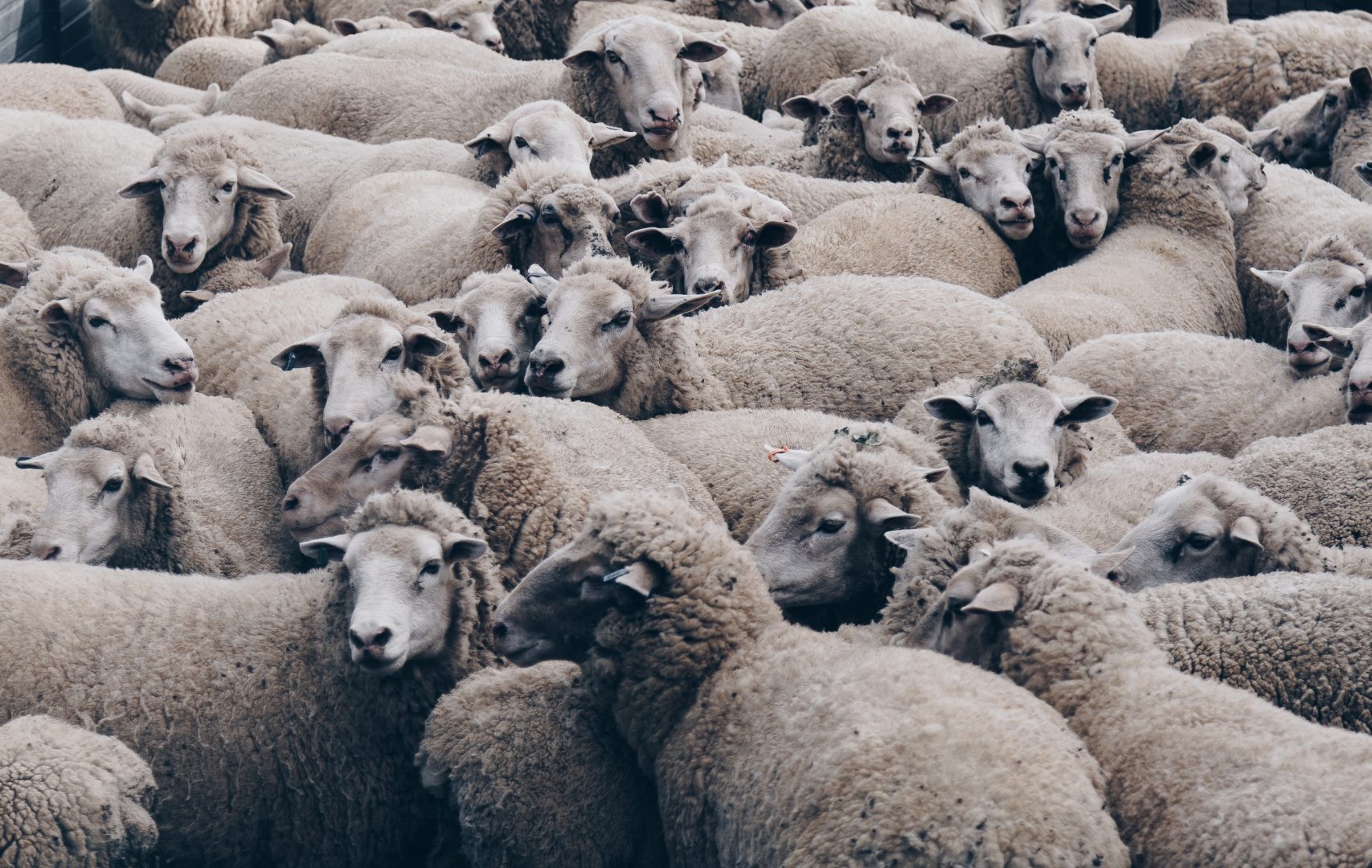FGG smells a scam in Telangana sheep-rearing scheme
By Amritha Mohan
Hyderabad: The lack of proper mid-term appraisal and severe irregularities within the sheep-rearing scheme may soon push its beneficiaries into a Rs 7,000 crore debt. Hyderabad: The lack of proper mid-term appraisal and severe irregularities within the sheep-rearing scheme may soon push its beneficiaries into a Rs 7,000 crore debt.
Two years after its launch, the sheep-rearing scheme, taken under an outlay of Rs 5,000 crore, has become the talk of the town for its improper implementation and target-oriented nature. Two years after its launch, the sheep-rearing scheme, taken under an outlay of Rs 5,000 crore, has become the talk of the town for its improper implementation and target-oriented nature.
While the National Co-operative Development Corporation (NCDC) had sanctioned a Rs 4,000 crore loan to the government of Telangana for this scheme, the government is liable to pay back the NCDC a whopping Rs 7,000 crore with interest after seven years, irrespective of the result. Citizens from the Forum for Good Governance have submitted a letter to the Governor of Telangana requesting a proper evaluation of the scheme, asserting their right to know where the money has gone. While the National Co-operative Development Corporation (NCDC) had sanctioned a Rs 4,000 crore loan to the government of Telangana for this scheme, the government is liable to pay back the NCDC a whopping Rs 7,000 crore with interest after seven years, irrespective of the result. Citizens from the Forum for Good Governance have submitted a letter to the Governor of Telangana requesting a proper evaluation of the scheme, asserting their right to know where the money has gone.
Several flaws in the implementation of the scheme were pointed out by concerned citizens. Firstly, they allege that the programme was implemented without verifying the availability of grazing lands. Telangana has a sheep population of 1.74 crore, for which the existing pastures are considered insufficient. Several flaws in the implementation of the scheme were pointed out by concerned citizens. Firstly, they allege that the programme was implemented without verifying the availability of grazing lands. Telangana has a sheep population of 1.74 crore, for which the existing pastures are considered insufficient.
Another allegation is about the supply of Stylo Hamata, a fodder crop, distributed by the Animal Husbandry department. While the department had specified that they distributed the seeds, nobody knows if the crops have grown and utilised. Most of the benefactors of the scheme have ended up selling their sheep. Another allegation is about the supply of Stylo Hamata, a fodder crop, distributed by the Animal Husbandry department. While the department had specified that they distributed the seeds, nobody knows if the crops have grown and utilised. Most of the benefactors of the scheme have ended up selling their sheep.
Mr Padmanabha Reddy, secretary at the Forum for Good Governance, said that government officials have been hard-pressed to meet the target and show that the scheme is implemented. “It is a target-oriented scheme. To achieve it, the government administration purchased sick and old animals not useful to the sheep rearing community.” Mr Padmanabha Reddy, secretary at the Forum for Good Governance, said that government officials have been hard-pressed to meet the target and show that the scheme is implemented. “It is a target-oriented scheme. To achieve it, the government administration purchased sick and old animals not useful to the sheep rearing community.”
Lack of an organised market, recycling of sheep from one village to another, and buying sheep that do not belong to the Deccani/Nellore breed are among the other issues that raised.
The Telangana High Court on July 2019 had directed the department of animal husbandry and the Telangana State Sheep and Goat Development Cooperative Federation (TSSGDCF) to respond to a public interest litigation (PIL) filed by an NGO that levelled many allegations against this scheme. However, not much has been done.
“When the press had exposed this, the government had suspended 24 animal husbandry officials for corruption. Any scheme should be transparent, especially when such a huge amount is involved. Schemes like these need a mid-term appraisal, and we are requesting an evaluation of the scheme by institutions like CESS,” added Padmanabha Reddy.
Officials from the Animal Husbandry department were not available for comment.